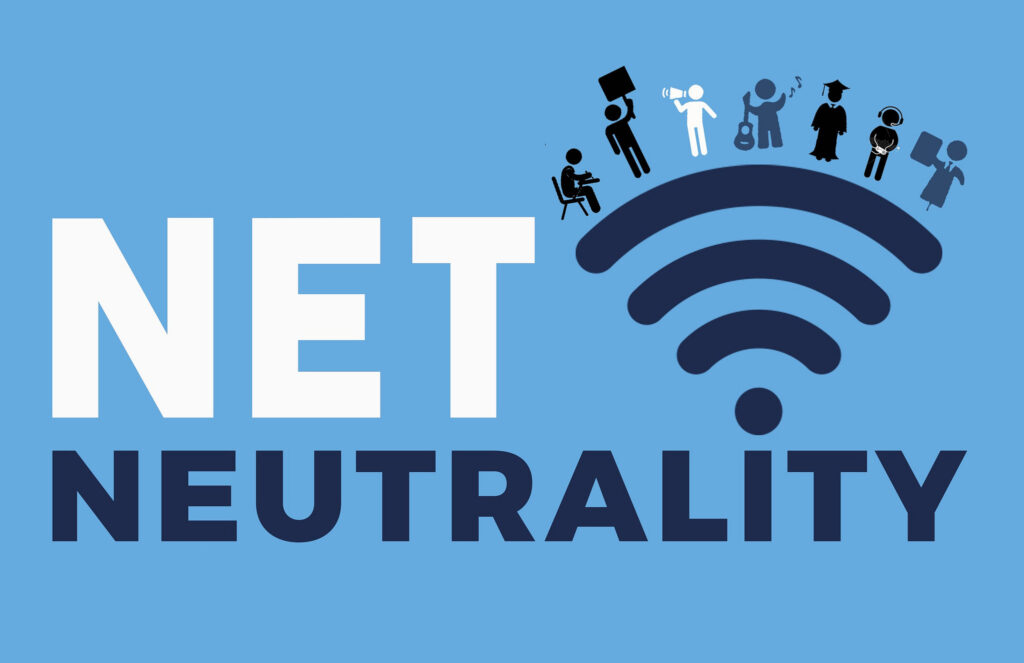Who Owns the Internet?
The Internet is one of the most recognized and widely used terms in the English language. Nearly everyone interacts with it daily, and even those who do not use it are aware of its existence. However, if we pause to consider, how much do we actually know about the internet? Who invented it? Who owns it? And how much information is truly available online?
Often, we search for the most niche topics and still find answers that surpass our expectations. This demonstrates not only the vastness of the internet, but also how little we fully comprehend its scope. Furthermore, it highlights that, despite efforts from Internet Service Providers (ISPs) and individual websites to moderate activity, there is no single entity that owns or controls the entire internet. Let’s explore this concept in greater detail.
What is the “Internet”?
If you search for this question online, you will encounter numerous definitions. According to the official definition from Merriam-Webster, the Internet is an electronic communications network that connects computer networks and organizational computer facilities worldwide. The term is typically used with “the,” except when used attributively.

Simply put, the internet is a global network that connects users from every corner of the globe. When someone logs into a social media account or uploads content to a computer network, this information can potentially be accessed by anyone else online, because everything is technically interconnected.
For some, this idea may seem alarming and may discourage sharing personal details online—which is wise. The internet is a vast repository of information, and in many cases, once data is uploaded, it may never be fully removed. However, this is why a variety of security protocols are in place to help protect users and prevent unauthorized access to sensitive data.
Does the Internet Have an Owner?
This is a complex question with a nuanced answer: both yes and no. Technically, the internet does not have a single owner. No individual or organization on Earth has the ability to fully moderate, change, or possess the entire internet. As a result, the internet is not any one person’s property or under anyone’s legal ownership.
However, specific components of the internet—such as websites—are owned by individuals or companies. Sites like Facebook, Google, and YouTube account for a significant portion of global internet traffic; these are managed and owned by specific organizations. However, their authority is limited to their respective platforms and intellectual property.

For example, various websites implement unique restrictions based on their guidelines. Content that is prohibited on YouTube might be allowed elsewhere. While the legal complexities are extensive, the essential point is that owners cannot impose rules or laws outside their owned property.
Therefore, the Internet is not the intellectual property of a single entity. But who owns the underlying infrastructure that supports our searches and online activities?
Internet Service Providers (ISPs) & Website Moderators
This question can be answered in two parts.
ISPs provide the foundation for internet access. This includes physical elements like underwater cables, network access points, routers, and wiring connections. Due to their extensive global networks, a few major ISPs—such as AT&T, Verizon, Sprint, and UUNET—potentially manage substantial portions of the internet’s infrastructure.
The second aspect involves our web searches and general online activity. This information is not owned but regulated by website moderators. All data is transmitted as ‘packets‘ between users and websites. Website moderators are responsible for monitoring and addressing any activity that violates company guidelines, ensuring that their platforms remain compliant and safe for users.

How Do Governmental Policies Affect This?
Although no one can completely prevent you from accessing the ‘global village‘ of the internet, ISPs do have the authority to restrict your access to certain parts of it. Governments can exert significant influence over ISPs, allowing them to block users from visiting specific websites or online resources.
This may occur for various reasons, including religious considerations, the presence of illegal content (such as criminal activity), or to uphold cultural norms.
Net Neutrality

Net Neutrality is an essential concept to understand. It is the principle that an internet service provider (ISP) must provide access to all websites, content, and applications at the same speed, under the same conditions, without blocking or favoring any particular content.
This ensures that no single authority can dictate which content is accessible to users. Everyone should have the freedom to search for and view whatever information interests them, without undue restriction.
Net neutrality remains a highly debated subject, with advocates on both sides offering strong and reasoned arguments. Whether unrestricted browsing outweighs potential risks is ultimately subjective and cannot be universally determined for everyone.
Interesting Facts about the Internet
- On August 19, 1989, Sir Tim Berners-Lee, the founder of the World Wide Web, declined to patent the internet, ensuring it remained free and accessible for everyone.
- ARPANET was the first major Internet Service Provider.
- There are over 5.47 billion active Internet users worldwide.
- Currently, there are approximately 198.4 million active websites on the web.
 Reviewed by
Reviewed by 




